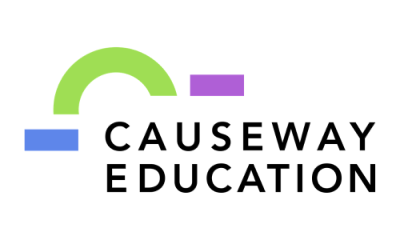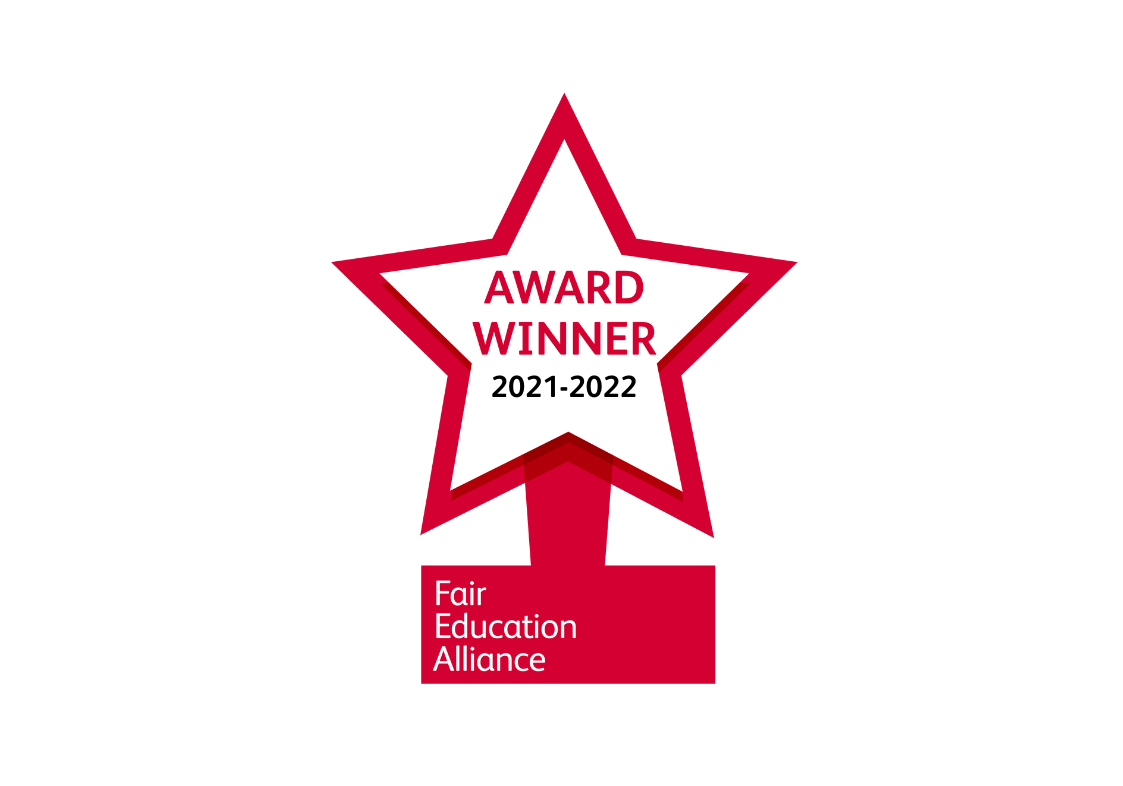#BlackLivesMatter: Learning lessons for Widening Participation
/CEO Sam Holmes discusses how social justice-orientated organisations can find it difficult to recognise their internal shortcomings and outlines some of the steps Causeway is taking to unpick the assumptions underlying our own practice.
In 2019, a participant in one of our mentoring programmes made a request to be paired with a mentor of the same ethnic background. The difference between how we reacted then, and what we are doing now, captures some key lessons we have learned over 2020.
Back in June 2020, I wrote in this blog about our commitment to looking at ourselves as an organisation. As responses to Black Lives Matter proliferated, we were determined to start a process of real self-reflection, rather than just looking to immediate, outward-facing actions.
One of the things I’ve come to understand through this is that organisations working to redress inequalities face a particular challenge in recognising how we are threaded into the ubiquitous web of structural racism. Because we feel our heart is in the right place, we’re less alert to our ears, eyes and hands. We don’t always hear the messages being voiced, we don’t actively seek out our failings and we don’t necessarily act to make concrete changes. Assuming we are already part of the solution can be a barrier to recognising and redressing our shortcomings.
“Because we [in the sector] feel our heart is in the right place, we’re less alert to our ears, eyes and hands. We don’t always hear the messages being voiced, we don’t actively seek out our failings and we don’t necessarily act to make concrete changes.”
What I’ve gained over the last 6 months is a better sense of where those shortcomings are likely to be found in organisations which exist to tackle inequalities. The point about seeing yourself as part of the solution is that it’s easy to overlook two important steps you’ve taken to position yourself there: defining the problem and designing the response. As charities engaged in social action, these steps are our bread and butter. They are also very often where black voices are silenced. Unpicking the assumptions behind how we frame social problems, and the solutions this leads us to, is a challenging but vital process.
For Causeway, various sources and a number of key people have been instrumental in helping us think this through. The starting point has been engaging with some of the excellent guidance and advice available. My top 3 recommendations would be:
Martha Awojobi’s brilliant interview on improving recruitment practices
The report Home Truths: Undoing racism and delivering real diversity in the charity sector by ACEVO and Voice 4 Change
The guidance produced by #CharitySoWhite
The next stage has been getting some expert help. We commissioned our former colleague Sherelle Davids to run a session for the whole team on HE progression and outcomes for different groups of black students, as well as a broader look at how concepts of race and ethnicity are used within the Widening Participation sector.
We also organised an event: Black Perspectives on Widening Participation, with speakers Christine Kinnear, Malachi McIntosh, Sherelle Davids and Jessica Amo. This powerful session raised yet further questions about how some current WP practices might still be missing the point (some useful summaries are linked here). But if there’s one idea from the event which keeps ringing in my ears, it’s Malachi’s point that "Black students don't need to change for universities, universities need to change for black students". For me, this perfectly encapsulates that need to challenge the assumptions behind how we both define the problem, and design the solution. Christine Kinnear added a vital practical perspective, emphasising that what Black parents lacked was not high aspirations, but in-depth knowledge of the ins and outs of HE applications. By calling out this deficit thinking, both speakers exposed flaws in how our sector can often understand and respond to inequalities in access.
In 2019, when a participant in our mentoring asked to be paired with a black mentor, we accommodated the request, but didn’t pick up the more significant message that was being relayed to us. We had excellent evidence of impact, a developed theory of change and hugely positive feedback and testimonials. In our construction of the problem and solution, we had factored out ethnicity. It wasn’t part of the model which participants were signing up for. Its importance was being flagged up by someone with lived experience, but we weren’t tuned into really hear this. Since then, we’ve learned a lot, and we’re starting to act differently as a result. This year, all mentees will be asked whether it’s important to them to have a mentor of the same ethnic background. Where it is, we will do everything we can to provide this, including recruiting new mentors.
“The key thing we’ve learned is that we must make sure the ways we define problems and design solutions do not replicate the exclusion of those our work is intended to serve.”
This is a small example but one which has provided a useful framework for helping us make further positive changes. We didn’t leap to immediate responses. We focused on our thinking first, and this then led us to actions. The key thing we’ve learned is that we must make sure the ways we define problems and design solutions do not replicate the exclusion of those our work is intended to serve. We’re working on this. We continue to read and seek support from individuals and organisations who can help us learn. We’re trialling new approaches in our mentoring and in our recruitment practices. Thanks to Sherelle, we’re also working on bringing more nuanced evidence around black students’ access and participation in HE into our teacher CPD.
One thing is abundantly clear: surface-level tweaks alone are not enough. The challenge for all of us is to unpick the assumptions underpinning our own practice.





